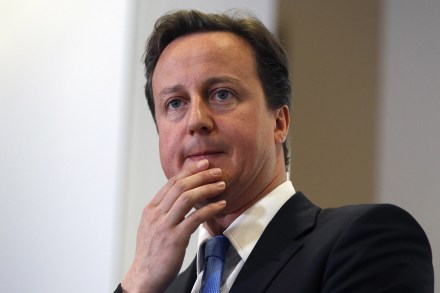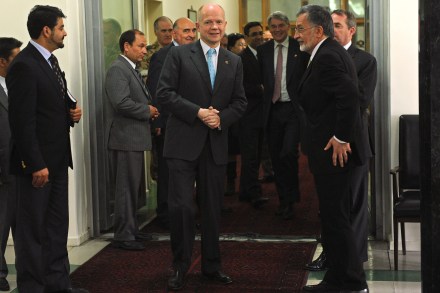German lessons
Angela Merkel’s fall from favour is something David Cameron ought to bear in mind as he looks for lessons to guide his term in office. The German chancellor could do no wrong when she was first elected. A new “Iron Lady”, she was seen as a giant among pygmees. Tony Blair was leaving the scene, Nicolas Sarkozy had yet to be elected, the newspapers swooned, the voters applauded. Mrs Merkel was respected in the US and Europe. She made her unwieldy coalition with the Social Democrats work, almost singlehandedly picked the NATO secretary-general and ruled over EU meetings. Now, EU commission president Jose Manuel Barrosso is (rightly) calling her “naïve”













